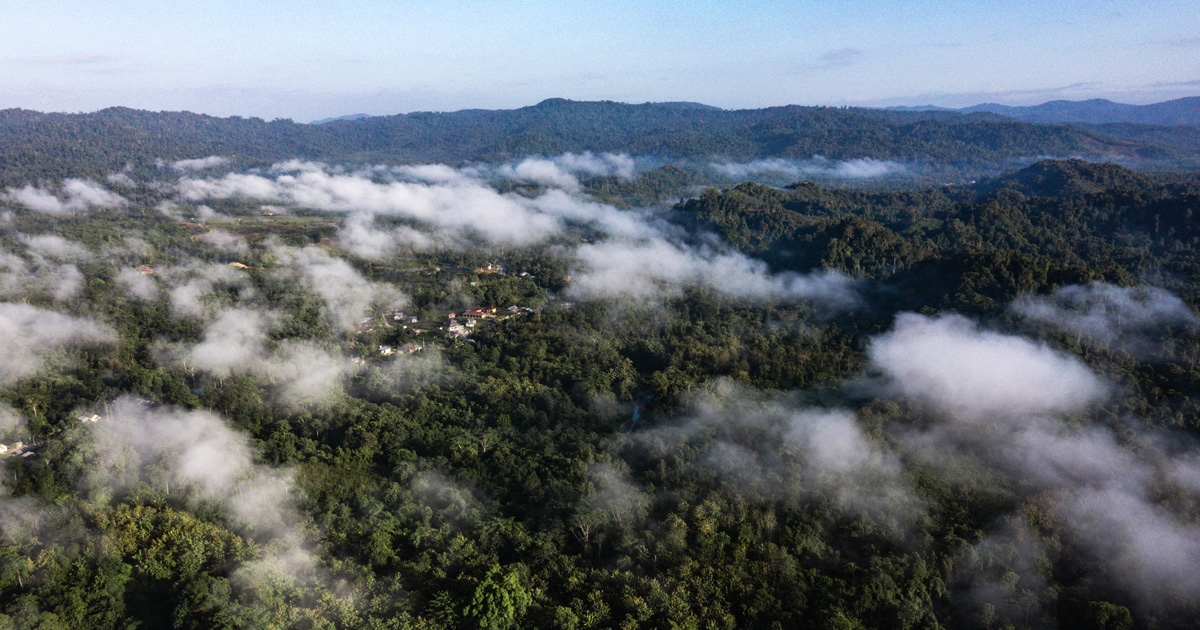Download:
Publication year
2004
Authors
Scherr, S.J.; White, A.; Kaimowitz, D.
Language
English
Keywords
forest conservation, forest products, markets, forest economics, community forestry, low income groups, poverty, rural development, forest policy























